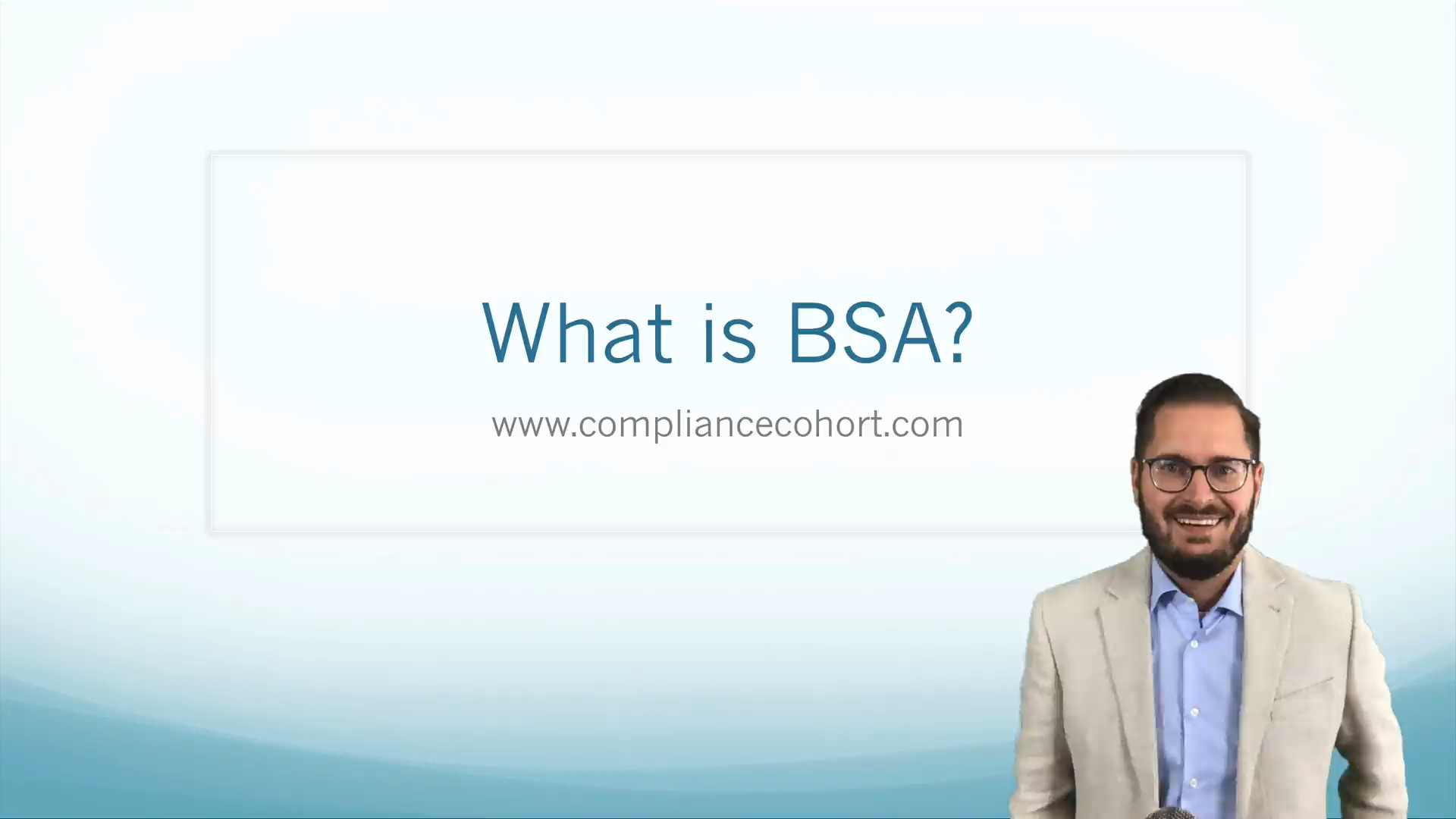In this video, Adam talks about the third type of discrimination recognized by the courts: disparate impact. He explains the main source of this type of discrimination and gives a few examples of what to look for.
Welcome to the Compliance Cohort. We are a group of compliance professionals working to make compliance easier. Our goal is to take complex compliance concepts and put them in simple terms that apply to the real world. We are glad you have found us and look forward to collaborating in the future.
If you haven't done so already, make sure you sign up for our free membership where you get access to many member-only videos, articles, and other resources.




